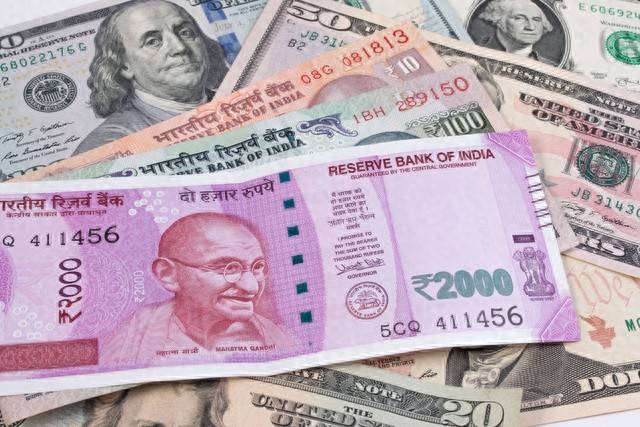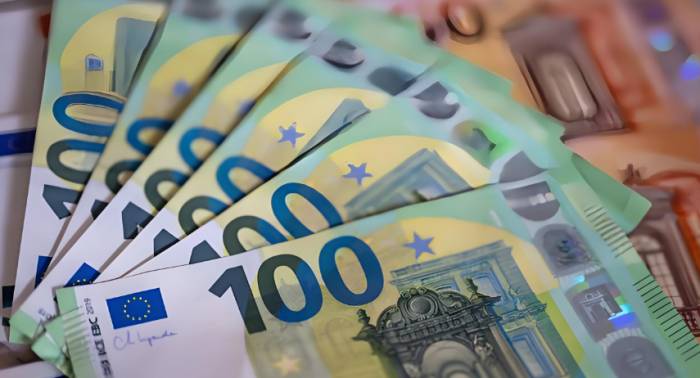The political landscape in France is currently tumultuous, marked by a standoff between the government led by Prime Minister Michel Barnier and the far-right National Rally party, headed by Marine Le Pen. As budget negotiations approach a crucial point, tensions are rising, and a potential no-confidence vote looms on the horizon, indicating a significant crisis for the French government.
On Sunday, December 1st, Le Pen made headlines by announcing to the press her party's unwavering stance that the government showed no intention of modifying the proposed budget law. This declaration effectively ends discussions about potential amendments to social security laws, laying the groundwork for a no-confidence vote that could materialize as early as Wednesday. The situation has escalated, with the National Rally threatening to exercise its parliamentary power to challenge Barnier’s administration if their demands regarding the 2025 budget are not met.
At the center of this controversy is Barnier's ambitious budget proposal, which aims to raise taxes and cut expenditures totaling €60 billion. This effort is seen as vital to controlling the burgeoning public deficit, which poses a serious risk to France’s financial stability. The government's plan intends to reduce borrowing to 5% of GDP in the coming year, a substantial decrease from a projected rate nearing 7% without intervention. Such figures drastically exceed the European Union's stability and growth pact, which mandates a deficit cap of 3%, although many countries have struggled to adhere to this guideline in recent times.
The political dynamics complicate the budget proposal even further. The French National Assembly is currently in a suspended state, lacking a clear majority. The National Rally, which commands the highest number of seats in the assembly, has leveraged its position to challenge the government. Le Pen has indicated that, unless there are adjustments to the budget proposal, her party would fully back a no-confidence vote against Barnier. While the government has acquiesced to some of the National Rally's demands, such as abandoning a hike in electricity taxes, other critical considerations such as linking pensions to inflation remain contentious.
Amid these developments, the French government has adopted a firm stance in response to threats of a no-confidence motion. Finance Minister Antoine Armand expressed confidence on national television, asserting that the government would not capitulate to ultimatums or intimidation tactics, declaring, “We will not be blackmailed.” This defiance, however, has sent shockwaves through the investment community, raising alarms about the possibility of the government collapsing before the year’s end, an unprecedented scenario that could result in a budgetary void as France enters the new year.
The financial repercussions were immediate. On Monday, the euro dipped by 0.48% against the U.S. dollar, hitting an approximate figure of 1.0524. Furthermore, uncertainty surrounding the government’s stability has incited a sell-off of French assets. Recent data indicates spikes in bond yields and a binding relationship between the yields of French and Greek bonds, which historically have been seen as disparate in risk perception. The stock market has not been spared, as the French benchmark index faced significant declines, reflecting a ten-year low compared to broader European market performance.
So, what led to this unprecedented stalemate? France's political arena has evolved into a fragmented landscape characterized by three major factions: the ruling centrist coalition, Le Pen's far-right party, and the left-wing alliance known as the New People's Front. The fragmentation complicates the process of passing key legislation, including the budget, as opposition parties traditionally vote against fiscal proposals stemming from the government.
In response to this stalemate, the French government might invoke a constitutional provision known as Article 49.3, which allows the cabinet to pass legislation without a parliamentary vote. However, this clause carries significant political risk. Should the opposition acquire enough support for a no-confidence motion, it could lead to the government's dismissal, effectively quashing the budget proposal in the process.
The left-wing factions have vowed to trigger a no-confidence vote if the government resorts to Article 49.3. Yet, should they fail to garner support from other opposition groups, their motions could fizzle. This situation has accentuated Le Pen's role as an influential player, consolidating her party's position as the most significant entity in the assembly.
Should Barnier's government be toppled, the implications would be dire. The notion of a government collapse so close to the fiscal year-end is unprecedented in French history. Léo Barincou, a senior economist at Oxford Economics, expressed concerns that such a turn of events would lead to chaos and instability as France could enter the New Year without a functional budget.
While Barnier has articulated the severe impacts a government collapse may inflict on financial markets, Le Pen has downplayed these consequences. She reassured the public, stating that France's institutional framework is robust and prompted no reason for panic, claiming that uncertainty is inherent in political processes. This divergence in perspective highlights the stakes involved for both political entities and the broader populace.
Legal experts and lawmakers suggest that, in the event of a collapse, the government could implement emergency measures permitting tax levies and minimal spending authorizations to avert a governmental shutdown. The National Rally has conveyed support for such initiatives, while ministers caution about the adverse implications of stringent austerity measures on the country’s recovery efforts.
Despite the stark divisions, some analysts believe that a compromise may still be feasible before the deadline. According to Barincou, a more moderate budget proposal might emerge, potentially adjusting the deficit to around 5.5% rather than the initial target. Nevertheless, dissent within opposition ranks remains a significant hurdle, leaving open the possibility that any agreement could be met with resistance.






























Leave a Comment